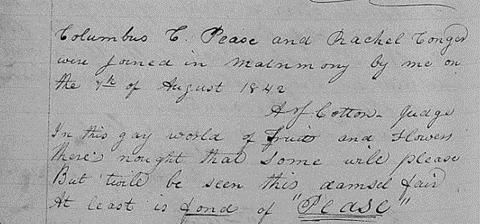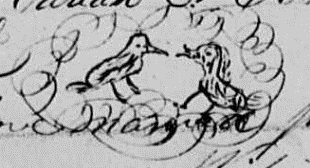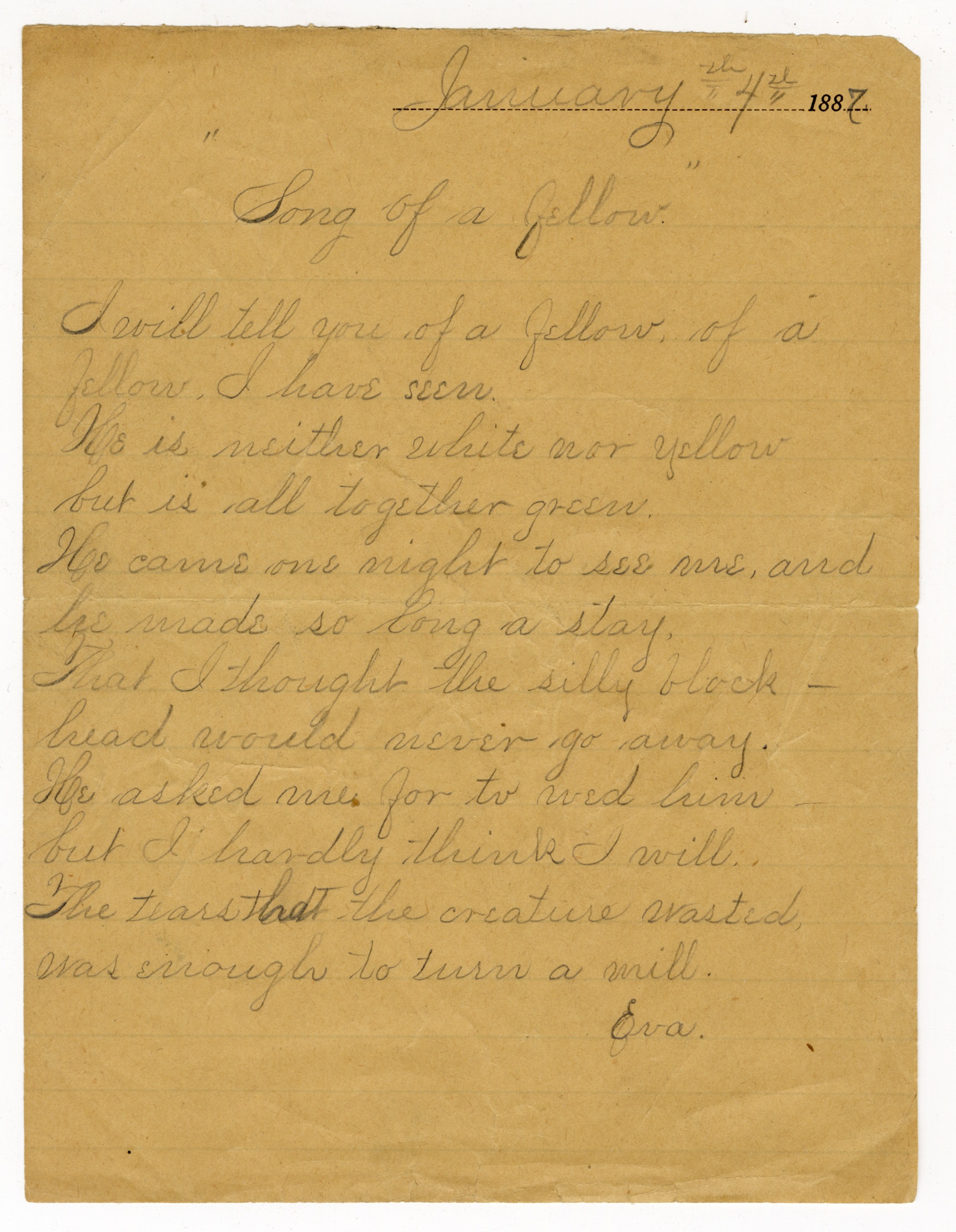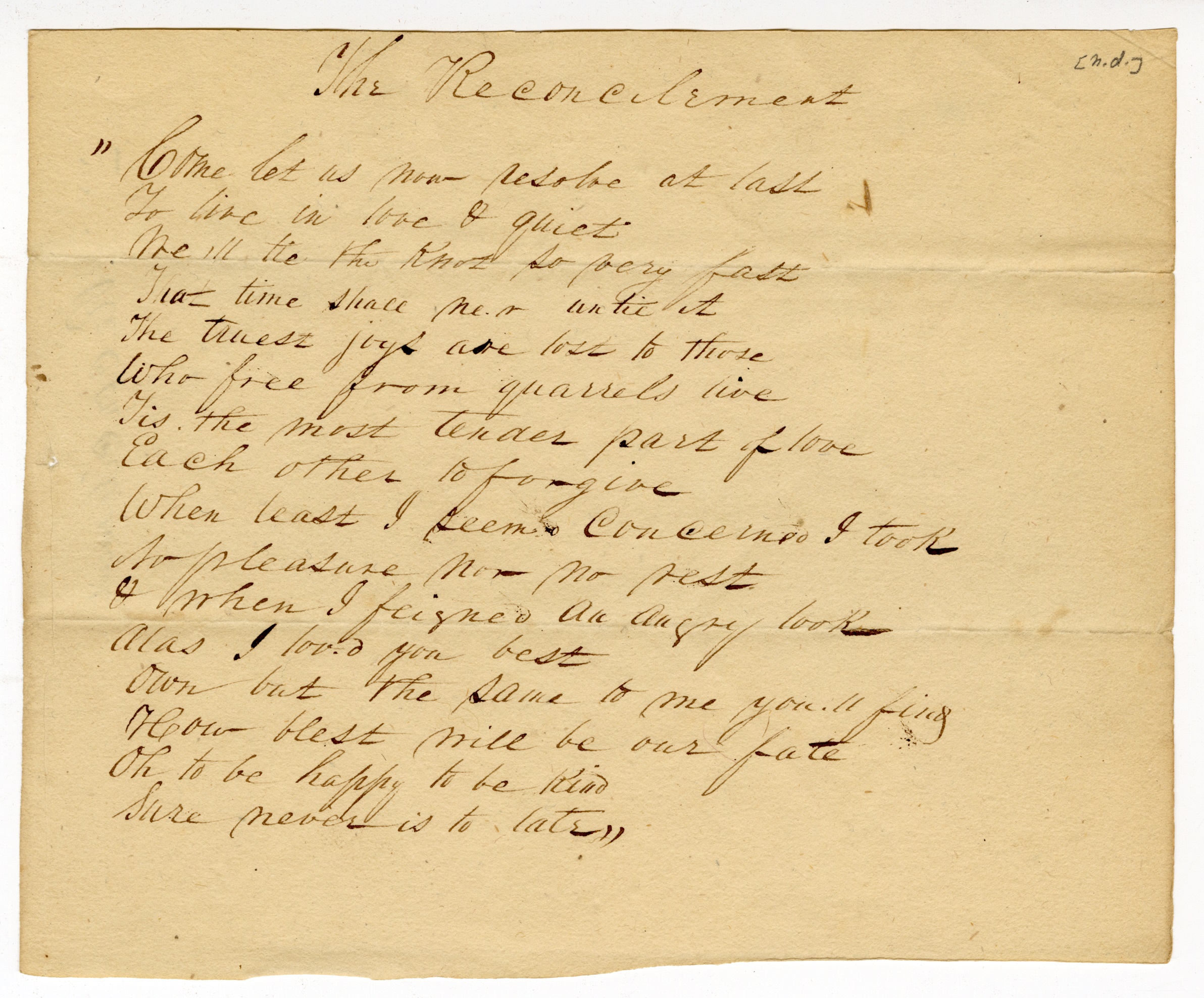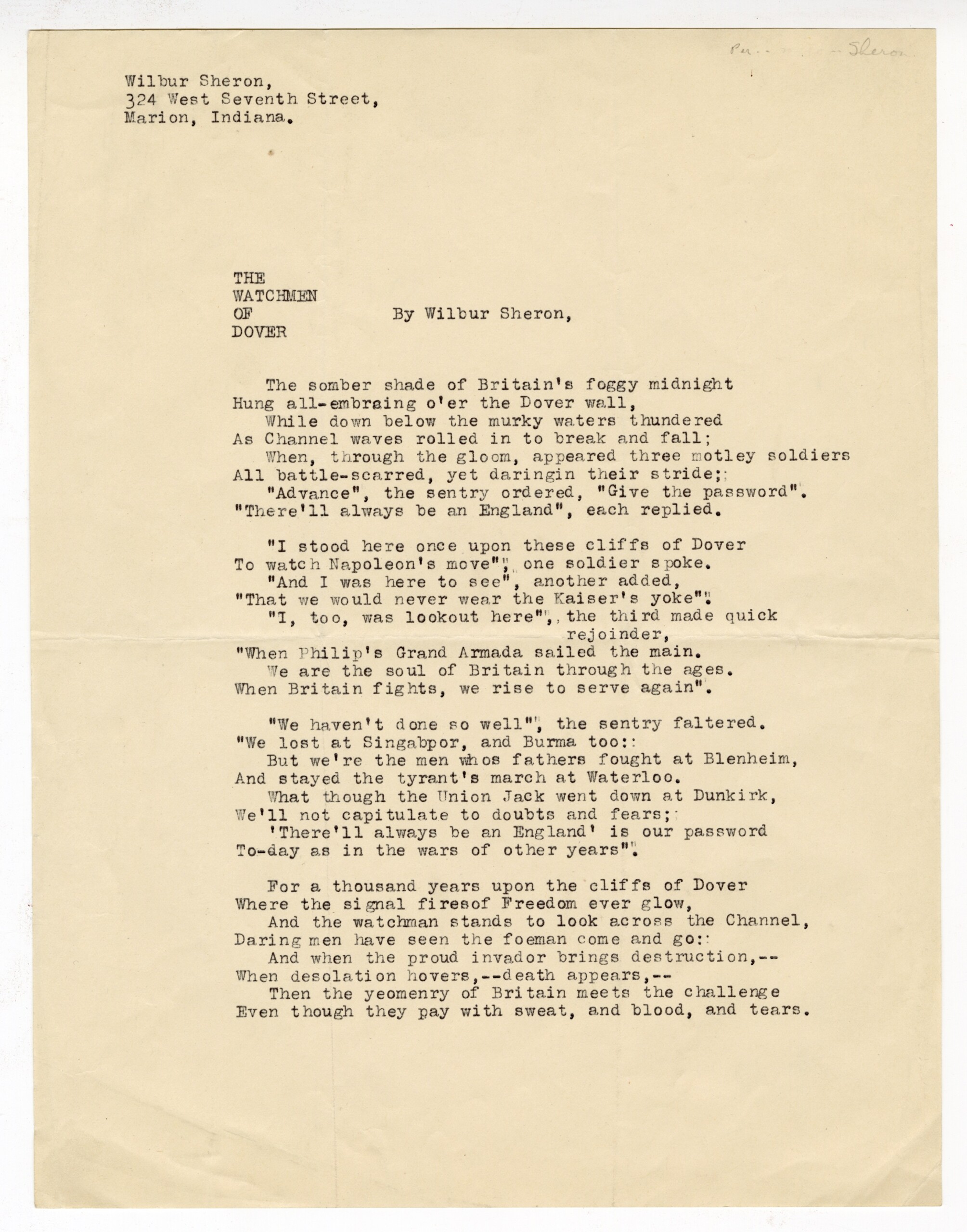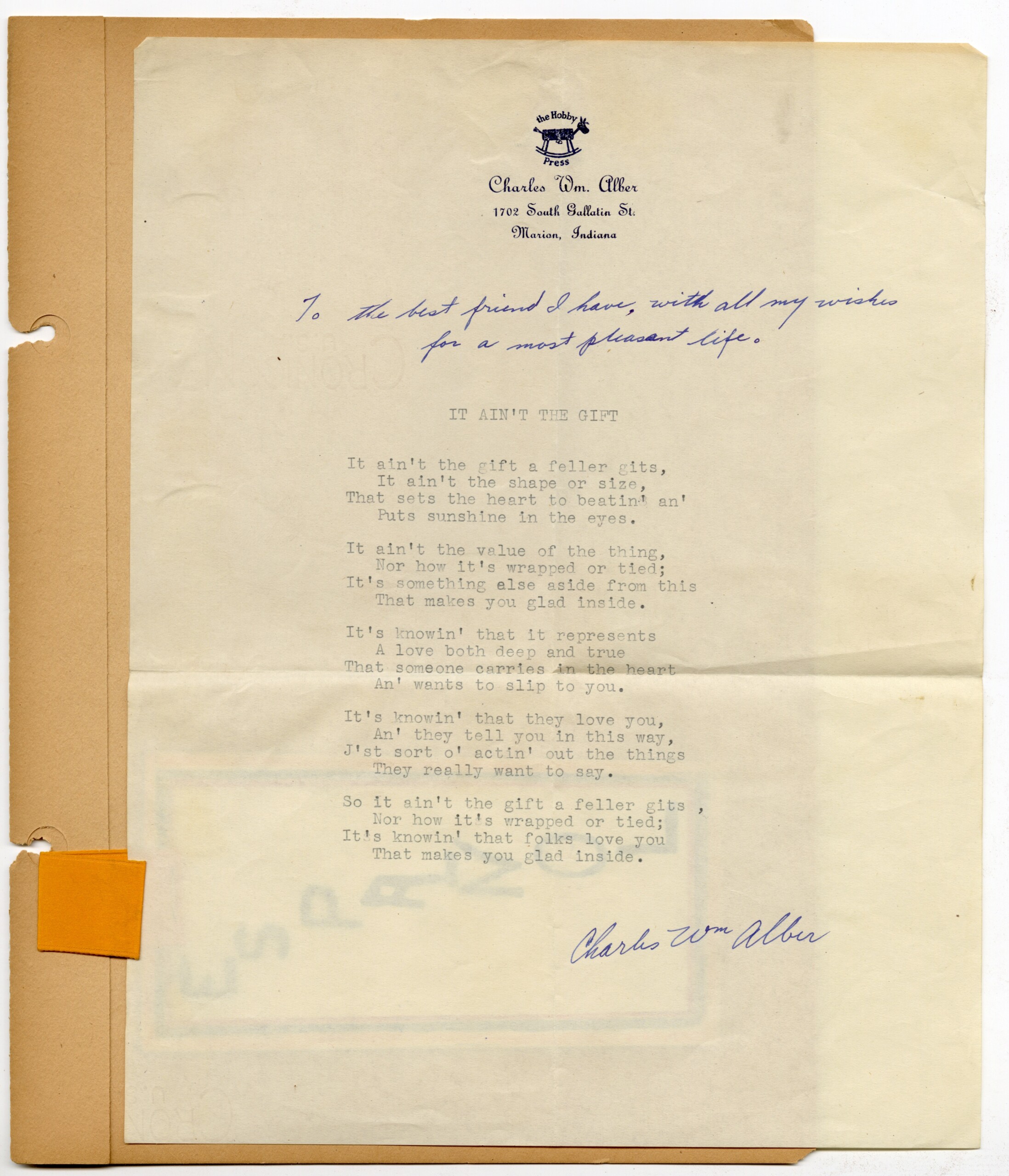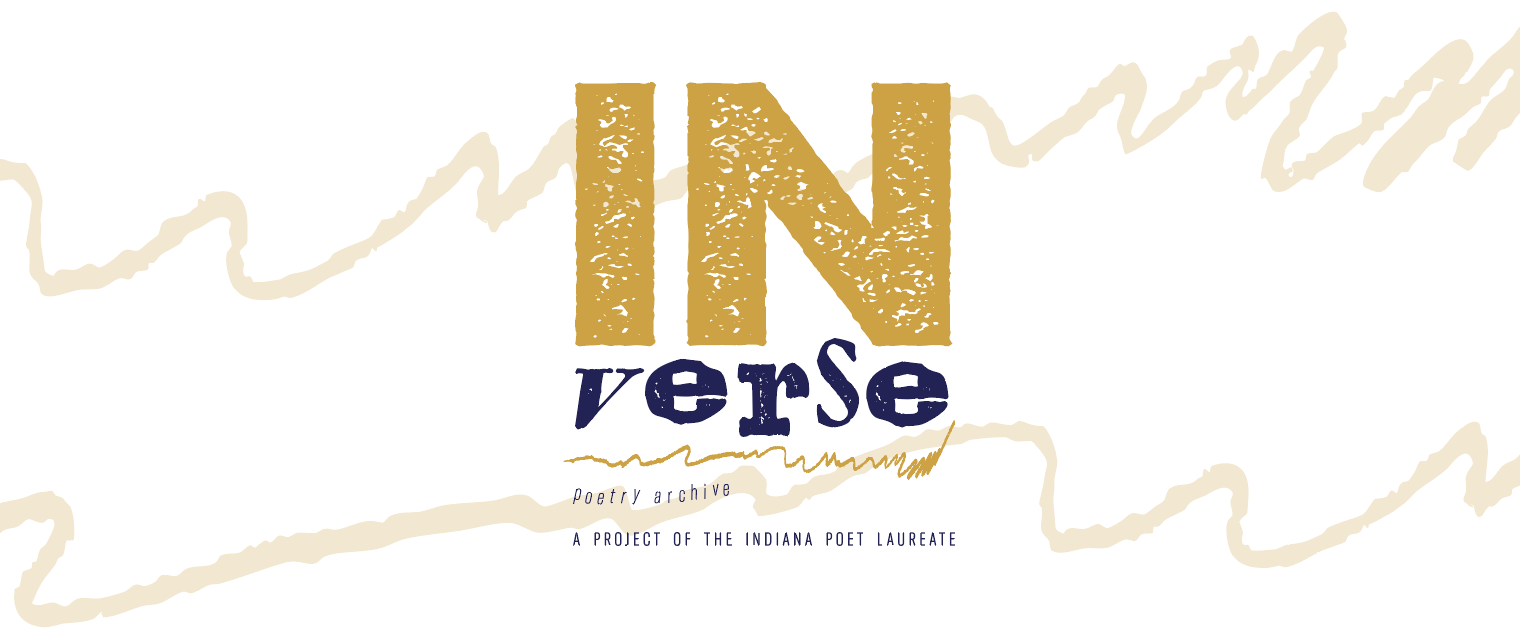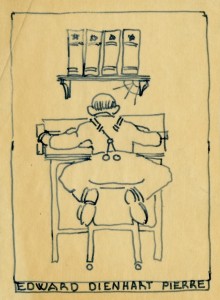One of the tasks I have as a librarian with the Indiana State Library is fact checking the Indiana Legacy’s Indiana Marriages Through 1850. I fact check the marriage index by searching the Indiana marriage records that are available through the Family Search Affiliate Library database.
When searching for the marriage of Columbus C. Pease and Rachel Conger in Dearborn County, I found supplemental material; a poem written by Judge A. J. Cotton, the judge that solemnized the marriage.
In this gay world of fruits and flowers
There’s nought that some will please
But twill be seen this damsel fair
At least is fond of PEASE
I believe the poem came naturally to Judge Cotton, as he seems particularly inspired by observations in his community as demonstrated by his published book of poetry, “Cotton’s Keepsake: Poems on Various Subjects; To Which Is Appended a Short Autobiographical Sketch of the Life of the Author, and a Condensed History of the Early Settlements, Incidents, and Improvements of the Country, From the Early Settlers Themselves.”
When it came to adding a little something extra, it seems that Indiana marriage officiants in the 1800s couldn’t help themselves. When searching for the marriage of Samuel H. Owen and Mariah L. Hitchcock of Floyd County, I found the Reverend B. H. Hickox drew love birds as an addition to the marriage seal.
Sometimes, it was a spouse who took creative liberties. A rhyming notice from David Andrews appeared a few times in The Western Sun and General Advertiser newspaper during the month of May 1840.
Historically, when a woman deserted a marriage, a husband could claim that he was not financially responsible for anything the wife may purchase by credit. David was sure to notify all that he was not responsible for any of Maryann’s debts.
In Knox County, Indiana on Sept. 13,1825, a David Andrews and a Mary Ann McFadden were married, this very well may be the same couple that had marriage woes in 1840.
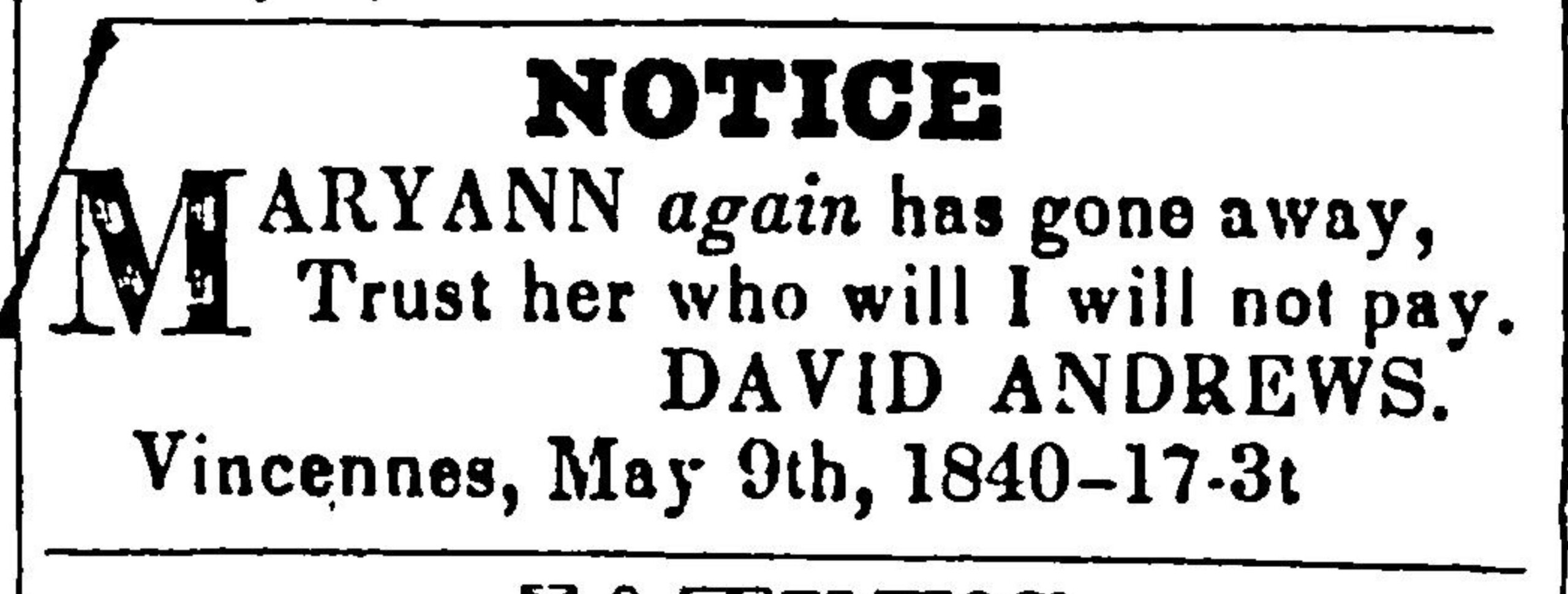 David seems to have had trouble with his whole family as there appeared ads in the same newspaper for a David Andrews and a George Andrews that had runaway, however these ads did not rhyme.
David seems to have had trouble with his whole family as there appeared ads in the same newspaper for a David Andrews and a George Andrews that had runaway, however these ads did not rhyme.
This blog post is by Angi Porter, Genealogy Division librarian.
Resources
“Cotton’s Keepsake: Poems on Various Subjects; To Which Is Appended a Short Autobiographical Sketch of the Life of the Author, and a Condensed History of the Early Settlements, Incidents, and Improvements of the Country, From the Early Settlers Themselves” by A.J. Cotton, Indiana State Library, call number: ISLI 977.201 D285c 1977.
“Cotton’s Keepsake. Poems on Various Subjects”
“Our Land Our Literature” – Alfred Johnson Cotton
“Strangers to Us All: Lawyers and Poetry” – Alfred Johnson Cotton

